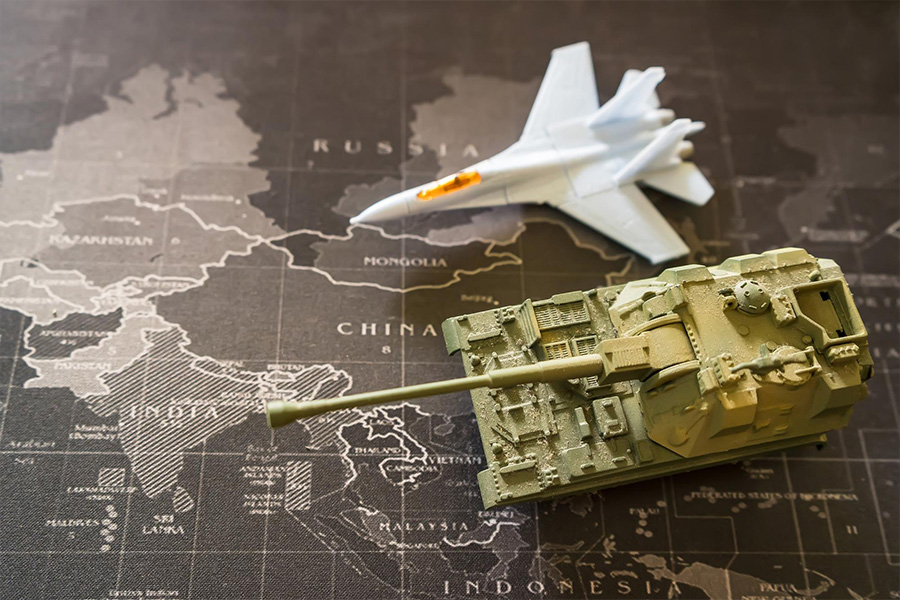
Having India amend its domestic laws would be a better way to strengthen its credibility and assess the international humanitarian law-compliance of countries importing its defence goods.
Author
Prabhash Ranjan, Professor, Jindal Global Law School, O.P. Jindal Global University, Sonipat, Haryana, India.
Summary
The Supreme Court of India, earlier this month, dismissed a public interest litigation (PIL) asking that the central government be directed to stop exporting defence equipment to Israel as Tel Aviv is allegedly committing war crimes in Gaza. The top court refused to intervene, reportedly because foreign policy is not its domain. However, the issue that the PIL raised is a normative one that goes beyond Israel. It must be clearly understood given India’s aspirations to become a major defence exporting nation.
It is critical to recall that quite a few countries have curbed defence exports to Israel. For instance, a court in the Netherlands ordered the Dutch government to block the export of all F-35 fighter jet parts to Israel. The basis of this order is a European Union (EU) regulation, which prohibits military equipment export to a country if there is a clear risk that the recipient country would use such equipment to violate international humanitarian law (IHL).
Likewise, the United Kingdom government, acting under the Export Control Act, reviewed Israel’s compliance with IHL concerning the ongoing conflict in Gaza. It concluded that there is a clear risk: if certain arms are exported to Israel, they would be used to commit or facilitate serious violations of IHL.
Published in: The Hindu
To read the full article, please click here.

